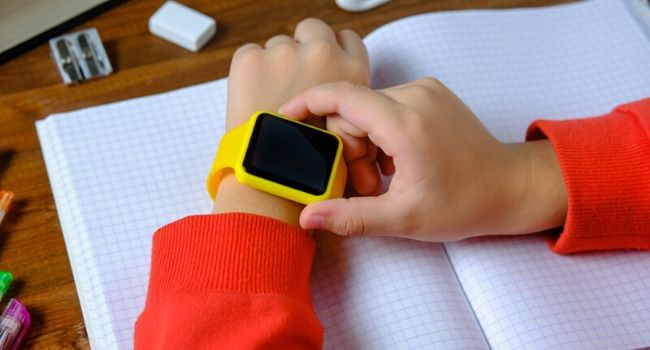
Millions of Children-Tracking Smartwatches Are At Risk Of Being Hacked
New findings by security firm Pen Test Partners reveal that 47 million devices worldwide could be exposed and tracked thanks to a strikingly insecure cloud platform.
- By Haley Samsel
- Dec 20, 2019
Throughout 2019, security researchers have discovered striking flaws about child-tracking smartwatches that could be manipulated by hackers. But new findings reported by TechCrunch show that the smartwatches had a larger problem on their hands: a very insecure common cloud platform lacking basic cybersecurity protections.
Researchers found that the cloud platform, made by Chinese electronics company and location-tracking giant Thinkrace, puts at least 47 million devices at risk of being hacked.
Because each device interacts with the cloud platform either directly or through a web domain set up by a reseller, cybersecurity firm Pen Test Partners was able to all commands for the devices back to the faulty cloud platform.
“It’s only the tip of the iceberg,” Ken Munro, the founder of the company, told TechCrunch.
The firm’s findings show that most of the commands that control the devices do not require authorization, allowing hackers to gain access to a device and track its location. There is also no randomization of account numbers, allowing the researchers to access devices in bulk by increasing each account number by one.
Disturbingly, researchers were also able to access voice messages recorded and stored in the insecure cloud that were meant to be exchanged between parents and children. The device, sold by a reseller of Thinkrace’s smartwatches, is used by some five million children and parents, according to TechCrunch.
Researchers compared their findings to CloudPets, a WiFi-enabled teddy bear that left its cloud unprotected and exposed the voice recordings of two million kids.
In 2015 and 2017, Pen Test Partners disclosed the vulnerabilities to electronic makers, including Thinkrace. Some resellers fixed their vulnerable “endpoints,” TechCrunch reported, but many companies ignored the warnings, which pushed the firm to go public with its discoveries.
While consumers may not think they own a Thinkrace smartwatch, many of its devices are sold to popular companies for resale. Some of those companies include Lenovo, Vodafone, Allianz and Huawei.
That’s why Munro recommends that consumers stay away from using the devices. Users can also contact the company selling the watch to ask if their watches are manufactured by Thinkrace, and if the business depends on Thinkrace’s cloud platform.
About the Author
Haley Samsel is an Associate Content Editor for the Infrastructure Solutions Group at 1105 Media.